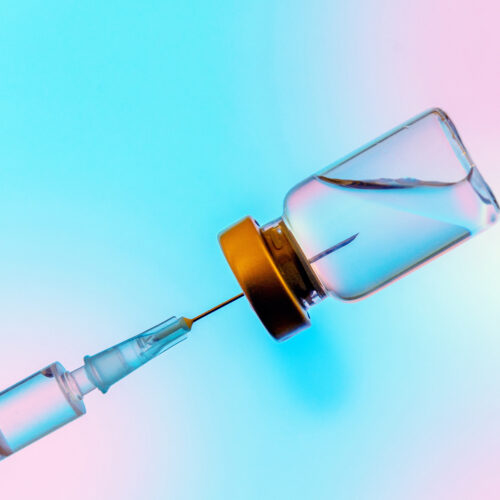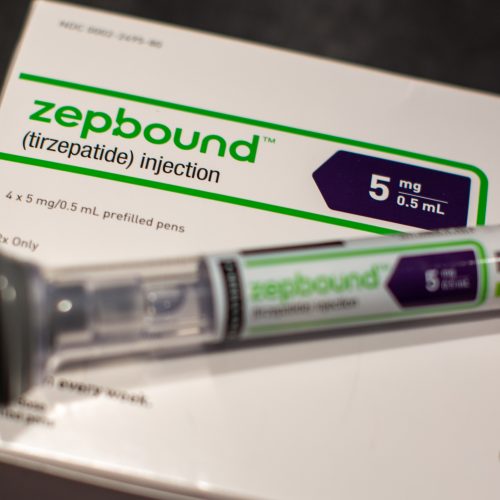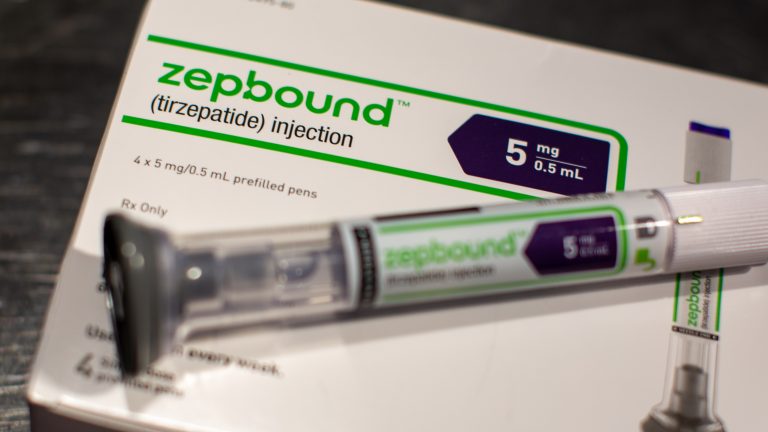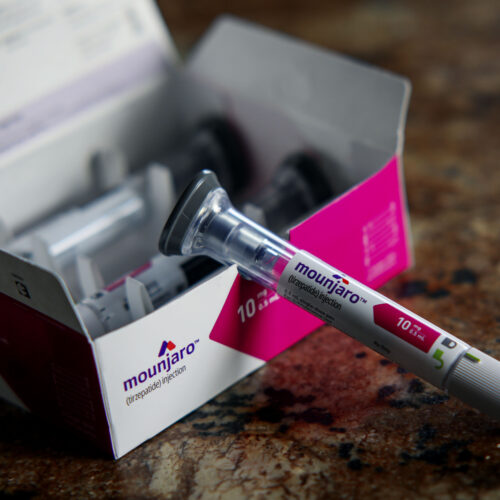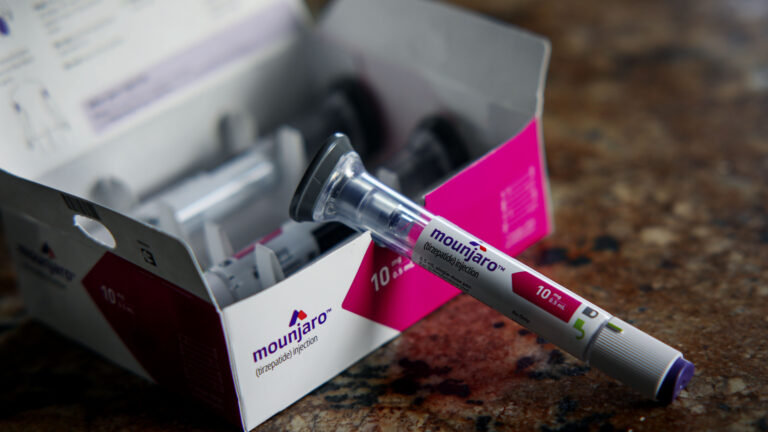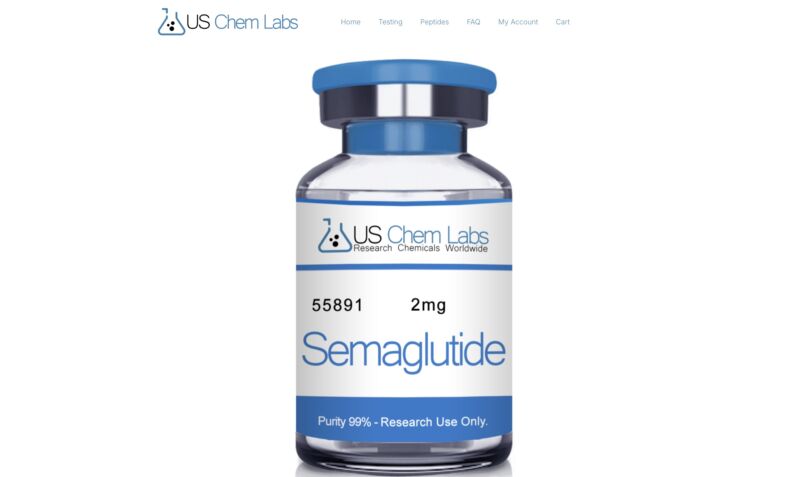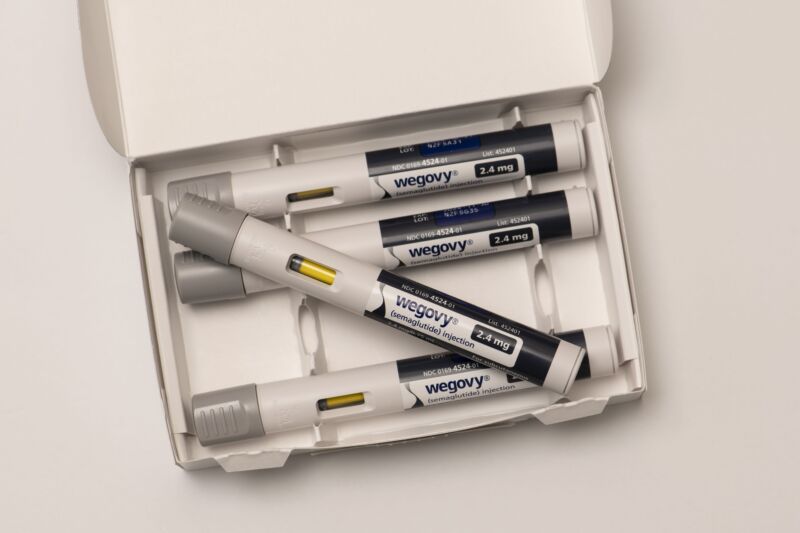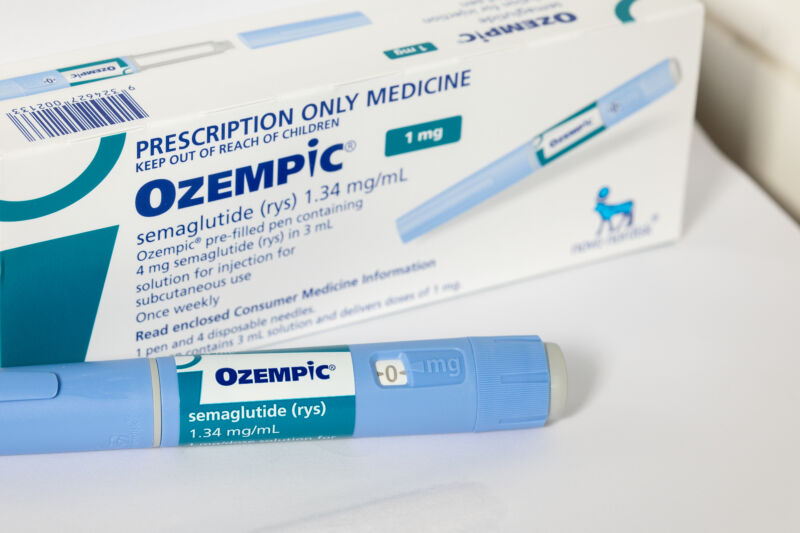Novo Nordisk sells hit weight-loss drug in China—at fraction of US price
Patients in China will be able to purchase the blockbuster weight-loss drug Wegovy for 1,400 yuan, or about $193, just a fraction of the US list price of $1,349, according to media reports.
The price in China is in line with pricing elsewhere outside of the US. As Sen. Bernie Sanders (I-Vt.) noted in a September Senate hearing, Wegovy, made by Novo Nordisk, is sold for $265 in Canada, $186 in Denmark, $137 in Germany, and just $92 in the United Kingdom. In the hearing, Sanders and other senators grilled Novo Nordisk CEO Lars Jørgensen on the "outrageously high prices" in the US of Wegovy and the company's other popular GLP-1 drug, Ozempic, used for diabetes.
"What we are dealing with today is not just an issue of economics, it is not just an issue of corporate greed. It is a profound moral issue," Sanders said in opening remarks about the prices of the highly effective drugs.
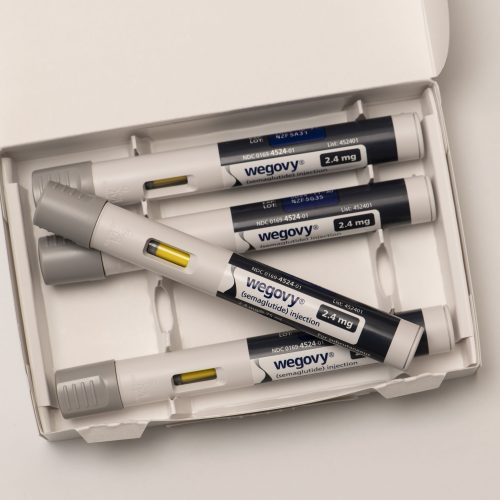
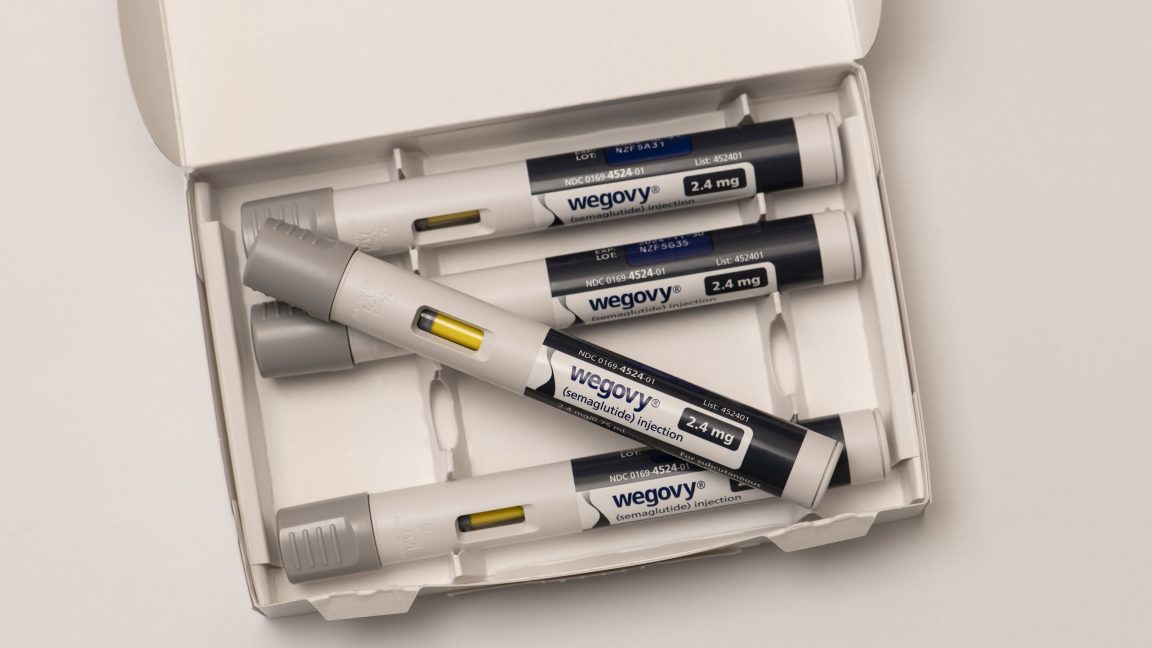
© Getty | Michael Siluk
